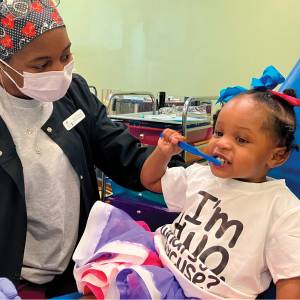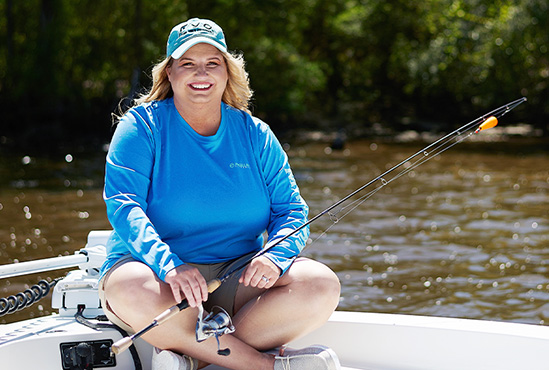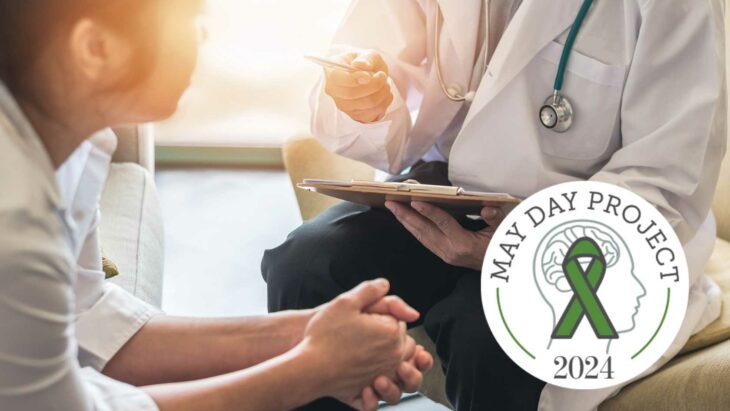
By Ginger Christian Did you know that May 2 is National Baby Day? Keep the tiny, growing smiles of your babies healthy with these tricks, tips and things you may not know from South Mississippi Smiles! BABY TEETH Baby teeth are temporary, but important. They help your child chew, speak and smile until their “big […]






